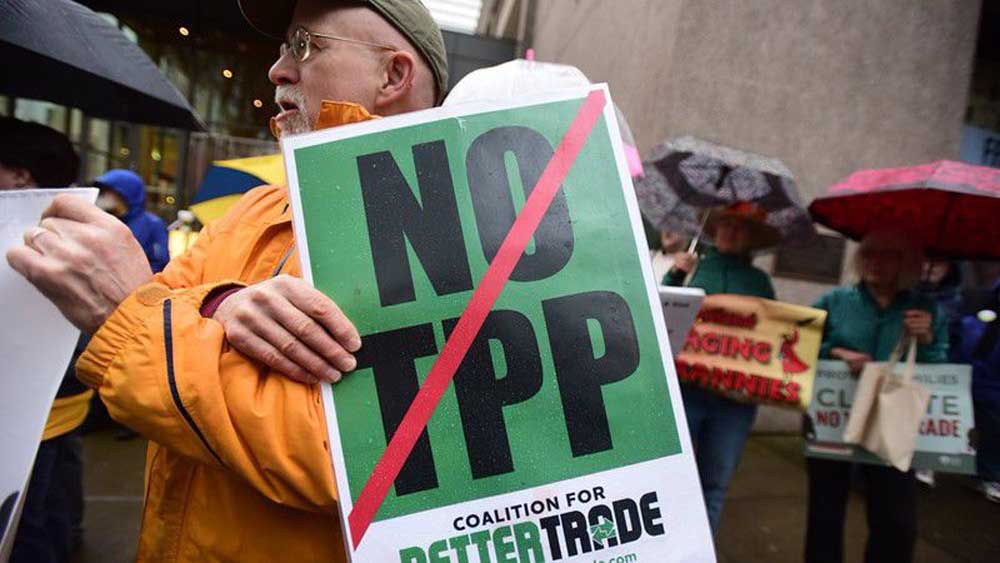Free trade benefits everyone involved
Published 10:22 pm Thursday, March 31, 2016
Free trade just can’t get a break lately. The populist wings of both parties – Donald Trump supporters in the GOP and Sen. Bernie Sanders’ backers in the Democratic Party – are both calling for fair trade, whatever that means, instead of free trade. But the case for free trade has never been more compelling.
“Our country cannot continue to do what it’s doing,” Trump has said. “It’s very hard for us to do business in China, it’s very easy for China to do business with us. Plus with us, there’s a tremendous tax that we pay when we go into China, whereas when China sells to us, there’s no tax. I mean, it’s a whole double standard.”
Trending
Sanders said much the same thing: “I do not believe in unfettered free trade. I believe in fair trade which works for the middle class and working families, not just large multinational corporations. I was on the picket line in opposition to NAFTA.”
Here’s where they’re wrong. First, the answer to China’s tariffs on our goods isn’t to put tariffs on theirs – it’s to work out trade agreements that lower all barriers to trade.
We want to make it easier for them to buy our products, not harder.
As a recent editorial at the Bloomberg View noted, free trade has clear benefits.
“The case for free trade, correctly understood, is as powerful as ever,” the editorial said. “It deserves much stronger support. The basic case is robust, and the economic record of the world’s richest economies – including that of the U.S. – attests to it: Free trade makes economies more productive by forcing producers to innovate, specialize and compete.”
Now, there are some exceptions to free trade fundamentalism. A monopoly or a cartel isn’t truly free trade, and currency manipulation by other countries should also be addressed in trade talks. But broadly speaking, free trade benefits everyone.
Trending
“There are exceptions to the argument that openness promotes growth, mostly concerning the need to shelter infant industries in developing economies,” the editorial says. “It’s also true that more trade involves winners and losers, and that gains for the overall economy aren’t much use to the people who lose their jobs because of cheap imports. You could say the same of people who lose their jobs because of automation. Yet presidential candidates don’t oppose technology because it creates losers as well as winners.”
History shows that in the short-term, free trade can impact jobs – but in the long run, those losses are absorbed and those workers move on to more productive employment.
As the Bloomberg editors noted, “a policy that delivers small net gains in the short term and substantial net gains in the long term still seems like a good idea.” And alternatives to free trade – tariffs and taxes – are worse.
“Imposing high tariffs (and coping with the barriers raised by other countries in retaliation) would involve huge disruptions in the short term, for both suppliers and workers,” they add.
The case for free trade is clear. The populists are wrong.







